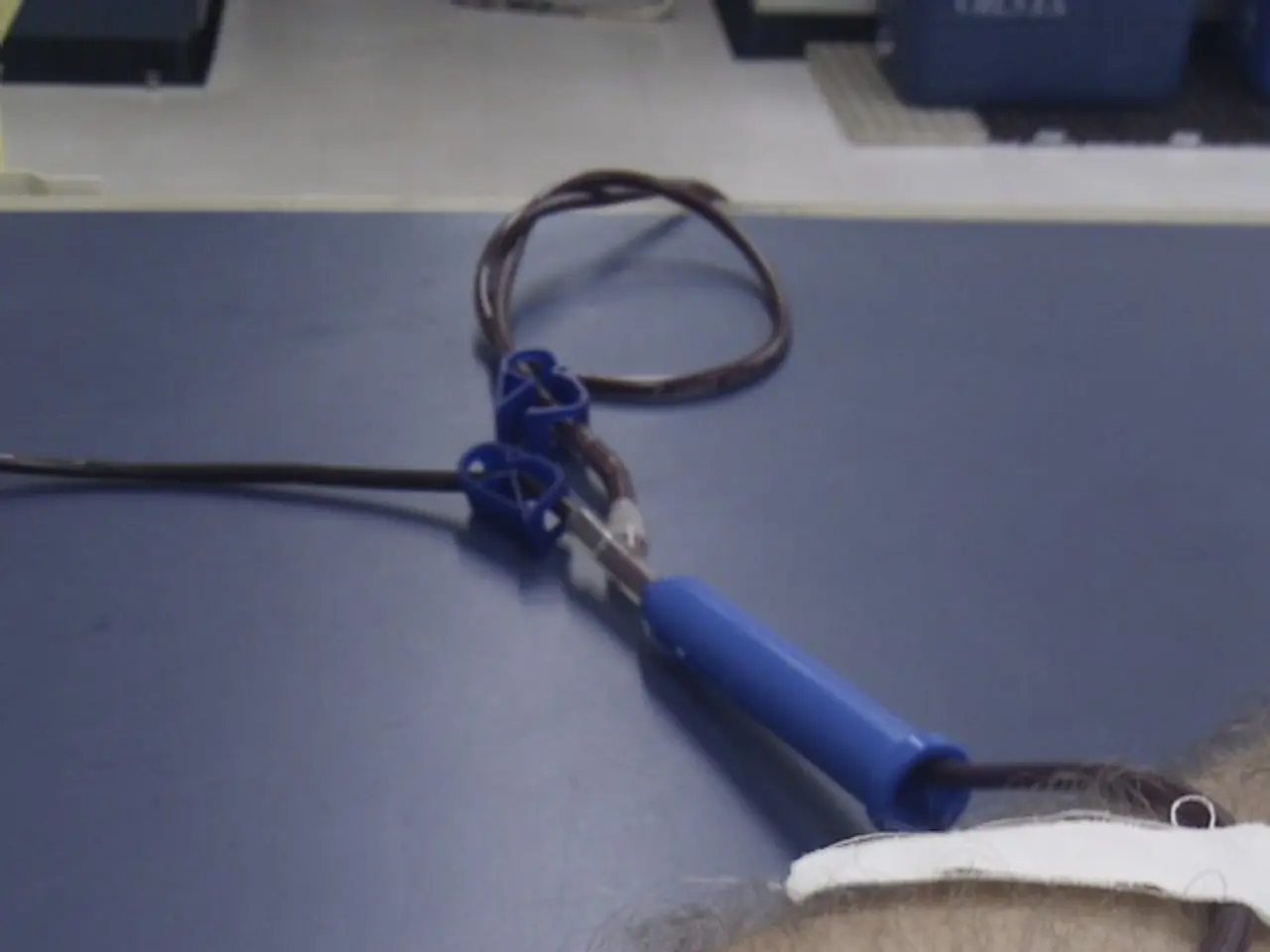Timeframe for Blood Test Results: A Comprehensive Overview
In the realm of medical diagnostics, the wait for blood test results can vary significantly, depending on the type of test and laboratory protocols. Here's a breakdown of typical turnaround times and factors that influence them.
## Average Turnaround Times for Blood Tests
Routine blood tests, such as common tests like CBC, electrolytes, liver and kidney function panels, typically provide results within 72 hours after the sample is received at the laboratory and reviewed by the GP. However, specialized tests, such as those for diabetes, rheumatoid arthritis, coeliac disease, and vitamin D, can take up to three weeks to process due to their technical complexities.
Hospital patients may benefit from faster results for some tests, with bilirubin results available within 4 hours for hospital inpatients, compared to 24 hours for GP patients for the same test. Urgent or STAT requests may also receive priority, with some laboratories offering same-day or next-day results for an additional fee.
## Factors Influencing Turnaround Times
Test complexity plays a significant role in turnaround times. Routine tests are processed quickly using automated equipment, while specialized tests require more time due to technical complexities, the need for specialized reagents, or external referral to reference laboratories.
The quality and volume of the specimen can also impact turnaround times. Inadequate or clotted samples may delay results as they require re-collection. High demand or staff shortages can slow down processing, as can transportation and logistics, particularly in rural or remote areas.
Urgency or priority can also affect turnaround times. STAT or urgent requests receive priority and can be processed faster, often with an additional fee. Inter-laboratory referral, such as for tests requiring referral to specialized or central laboratories, also increases turnaround times. Clinical and administrative review is sometimes required before results are released to patients, adding to perceived turnaround time.
## Summary Table
| Test Type/Indication | Typical Turnaround Time | |--------------------------------------|------------------------| | Routine blood tests | 72 hours (3 days) | | Diabetes (HbA1c) | 1 week | | Rheumatoid Arthritis | 1 week | | Coeliac disease | 2 weeks | | Vitamin D | 3 weeks | | Hospital inpatient (e.g., bilirubin) | 4–24 hours | | STAT/urgent (in-hospital) | Same/next day |
These estimates can vary by laboratory, region, and specific clinical setting. It's essential to remember that these are averages, and individual results may differ.
In conclusion, understanding the factors that influence blood test turnaround times can help patients and healthcare providers manage expectations and make informed decisions about testing and treatment. Always consult with your healthcare provider for specific information about your test results and any potential delays.
- The wait for blood test results can significantly differ based on test complexity and laboratory protocols.
- Routine blood tests like CBC, electrolytes, liver and kidney function panels usually provide results within 72 hours.
- Specialized tests for conditions such as diabetes, rheumatoid arthritis, coeliac disease, and vitamin D can take up to three weeks.
- Hospital inpatients may receive bilirubin results within 4 hours compared to 24 hours for GP patients.
- Urgent or STAT requests may receive priority processing, with results available on the same or next day at an additional fee.
- Test complexity, specimen quality, volume, demand, staff shortages, transportation, and logistics can influence turnaround times.
- Clinical and administrative review can also add to perceived turnaround times before results are released to patients.
- Testing for medical conditions like diabetes, rheumatoid arthritis, coeliac disease, or vitamin D requires attention due to their technical complexities.
- Health and wellness practices such as maintaining a healthy weight (obesity) can impact health conditions like diabetes, whereas prevention programs like PreP can help reduce the risk of HIV transmission.
- Constitutional disorders like ankylosing spondylitis and autoimmune diseases like psoriatic arthritis, ulcerative colitis, and HIV-associated neurocognitive disorders can lead to conditions like depression.
- Predictive science is essential in understanding the causes and progression of health conditions like diabetes, arthritis, and cancer.
- Awareness and education about various health and wellness issues are crucial in the management and prevention of chronic conditions such as diabetes, depression, and skin conditions like eczema and bipolar disorders.




